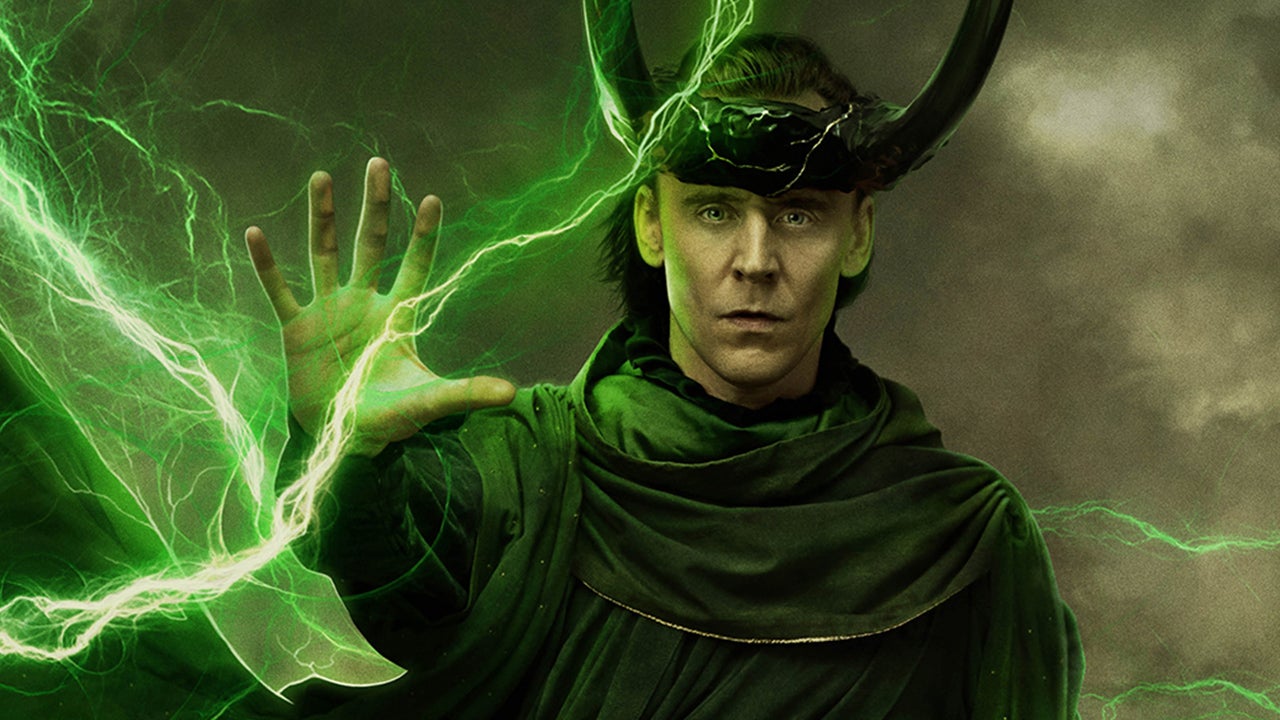Loki, the enigmatic and complex character from Norse mythology and the Marvel Cinematic Universe (MCU), has captured the fascination of audiences worldwide with his charm, wit, and unpredictability. Portrayed by Tom Hiddleston in the MCU, Loki is not your typical villain; he is a multifaceted individual whose motivations and actions are driven by a deep-seated sense of insecurity, jealousy, and a desire for validation. To truly understand the psychology of Loki, one must delve into the depths of his character and explore the underlying factors that shape his behavior.
1. The Burden of Identity
At the heart of Loki’s character is a profound struggle with his own identity. As the adopted son of Odin and brother to Thor, Loki grapples with feelings of inadequacy and inferiority, constantly striving to prove himself worthy of his family’s love and respect. His status as a Frost Giant further complicates his sense of self, leading to a deep-seated resentment towards both his biological and adoptive heritage. This internal conflict fuels Loki’s need for power and control, as he seeks to assert his identity and carve out his place in the world.
2. The Quest for Validation
Loki’s insatiable thirst for validation is another driving force behind his actions. Rejected by his father and overshadowed by his brother, Loki craves recognition and admiration from those around him. His acts of mischief and villainy are often motivated by a desire to prove his worth and earn the respect he feels he deserves. However, this quest for validation ultimately proves to be self-destructive, as Loki’s thirst for power and attention leads him down a dark and lonely path.
3. The Temptation of Chaos
As the God of Mischief, Loki is drawn to chaos and unpredictability like a moth to a flame. His mischievous nature and penchant for manipulation stem from a deep-seated need for excitement and stimulation. By sowing seeds of discord and chaos, Loki seeks to disrupt the status quo and assert his influence over others. However, his actions often have unintended consequences, leaving chaos and destruction in their wake.
4. The Complexity of Morality
One of the most fascinating aspects of Loki’s character is his moral ambiguity. Despite his villainous tendencies, Loki is not devoid of redeeming qualities. He is capable of acts of kindness and compassion, demonstrating a capacity for empathy and selflessness. However, these moments of humanity are often overshadowed by his darker impulses, leading to a constant struggle between his inherent nature and his desire for redemption.
5. The Path to Redemption
Throughout his journey, Loki undergoes a profound transformation, evolving from a cunning and manipulative villain to a more nuanced and complex antihero. His experiences shape him in unexpected ways, forcing him to confront his own demons and reevaluate his priorities. While redemption may seem elusive at times, Loki’s capacity for growth and self-reflection offers a glimmer of hope for a brighter future.
In conclusion, the psychology of Loki is a fascinating and multifaceted subject that defies easy categorization. From his struggle with identity and validation to his temptation towards chaos and his complex morality, Loki is a character defined by his contradictions and inner turmoil. Yet, it is precisely these qualities that make him such a compelling and enduring figure in popular culture, captivating audiences with his charm, complexity, and ever-evolving nature.





